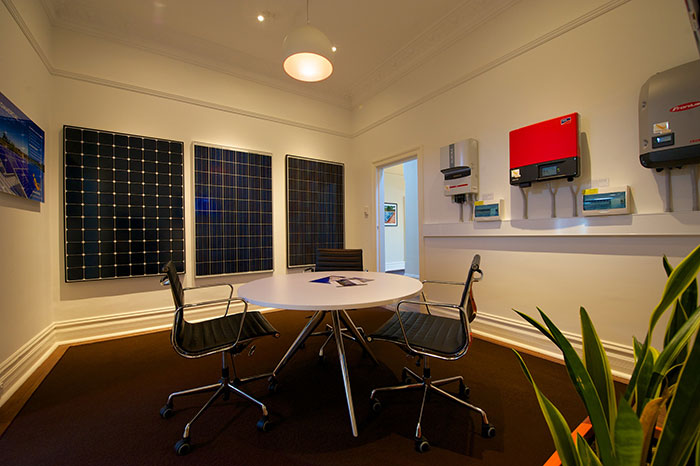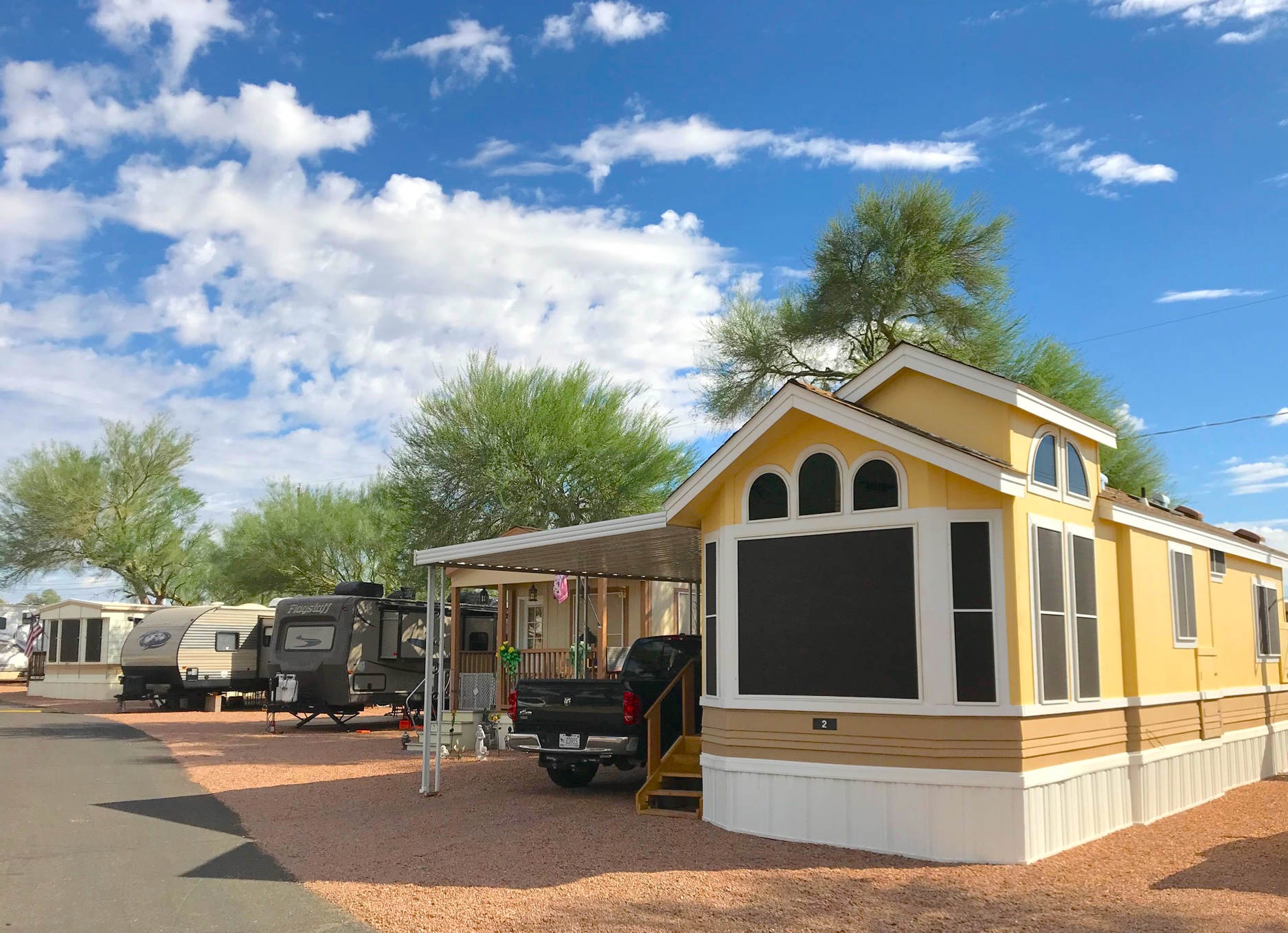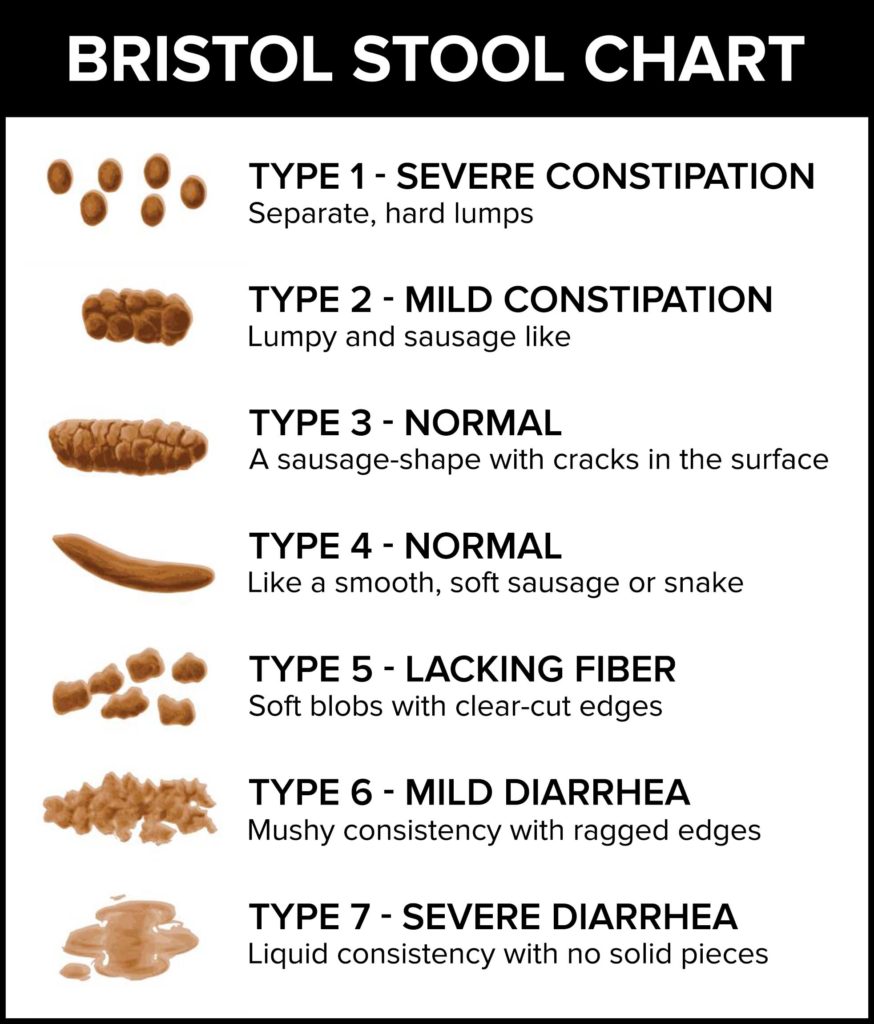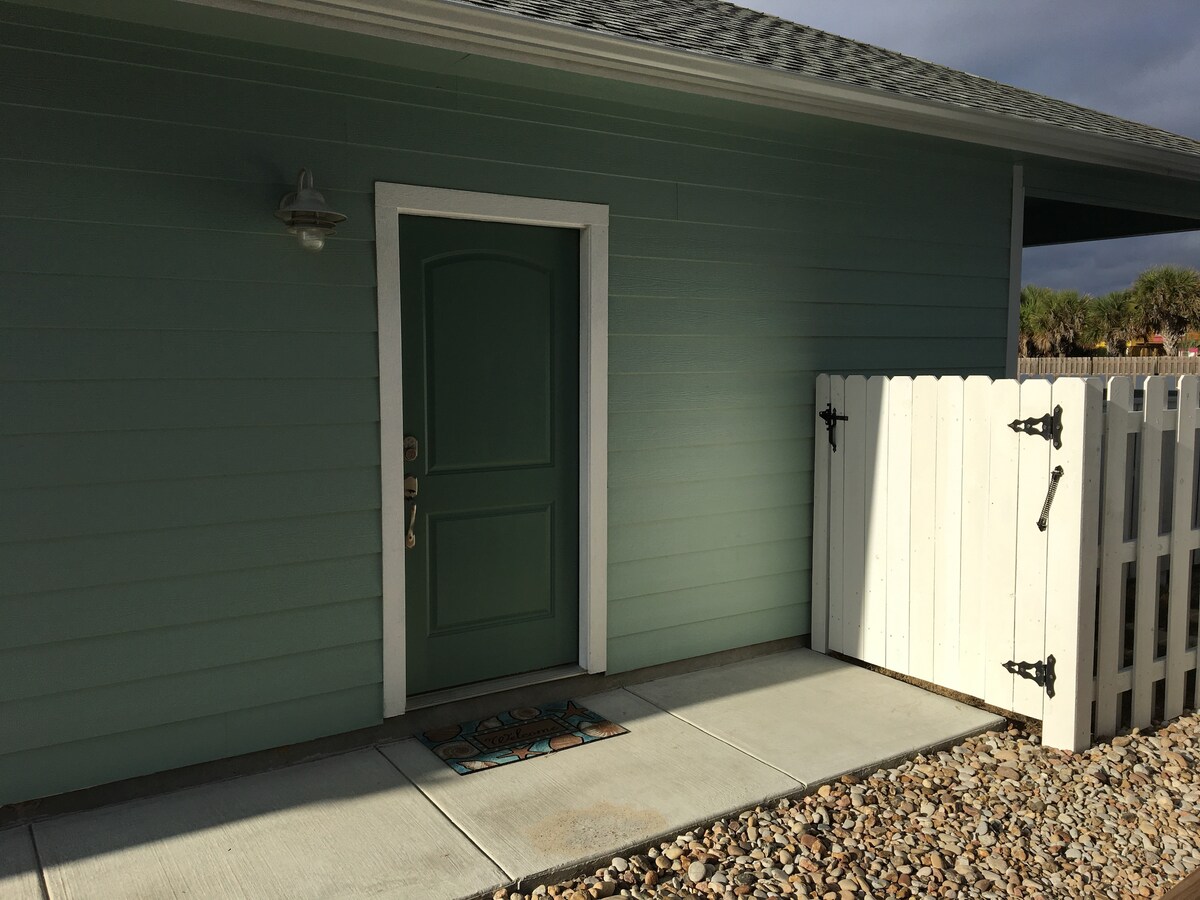Table of Content
- Are Solar Panels Worth It? Calculate Your Return on Investment
- Are Solar Panels Worth It?
- How much does one solar panel cost?
- Are batteries worth it if I use consume most of my power at night?
- What Is the Average Payback Period for Solar Panels? How Many Solar Panels Are Needed To Run A 4,000 Square Foot House
One solar thermal panel generates enough energy to power a hot water heater for a family of four. The number of panels needed depends on your location and roof size. The actual solar panel installation takes only a few days at most.
Below is a list of the rough amount of roof space you might need to fit a solar PV system. These sizes are not strict guidelines and this is especially important to know as different manufacturers produce panels of slightly varying sizes. A skilled solar installer will be able to give you an estimate of the size and price of a solar PV system for your home.
Are Solar Panels Worth It? Calculate Your Return on Investment
From the solar equipment system itself to installation costs to add-ons, the price will vary from company to company and the first step is to consider your options for the best solar companies. The amount of money saved with solar panels varies depending on the size and specifications of a house. Solar panels for a 4000 square foot home can help lower electricity bills and reduce the amount of money spent on power each month. Generally speaking, labor costs can range from $0.50 to $4.00 per watt, or from $1,000 to $10,000 for a typical residential system. Is America's largest solar company, with about 13% of the residential solar market share, according to a report from Wood Mackenzie. This company focuses on solar leases, which can provide a more affordable means of switching to solar.
Some solar panel installations near you might try to tack on an extra install price, but it’s a scam. Most crystalline solar panels have a life span of about 25 years. This corresponds with the length of a typical solar panel warranty.
Are Solar Panels Worth It?
Other important factors include materials costs, manufacturing costs and shipping costs. It is important to consider all of these factors when trying to determine the true cost of solar panels. If you have a good roof that’s in good condition, then you don’t need to replace it. You can just install the solar panels on top of your existing roof.
It's not uncommon to save thousands of dollars from smaller solar companies. A small solar panel typically costs $2 to $4 per watt for residential use. A small 25-watt panel costs $40, while a 200-watt portable solar panel with a power station and outlets costs $250 to $300.
How much does one solar panel cost?
Solar panel prices per Watt in Australia are $0.93 AUD based on the average price of a 6.6kWh solar system. If you compare this to $3.40 AUD paid in the USA, it’s easy to see how much of a good deal you are getting. The amount a panel will decrease power production when exposed to extreme temperatures is represented by its temperature coefficient. The higher the temperature coefficient, the worse a panel will perform in extreme weather. Monocrystalline panels have a low temperature coefficient and perform well under extreme temperatures.
Levelized cost of power from this typical solar system installed on a home in Louisiana over 25 years is 5.7 cents/kWh. Even at the high end, a 12-year payback period still leaves more than half of the systems warrantied life left to accumulate energy savings. Simply put, if your home is able to take advantage of solar net metering, solar energy that is collected in abundance and not needed in your home will run through your meter and out to the grid. It depends how much power you needed from utility grid using available PV power. Charges for per KWh of energy in your state will also impact your electric bill. Costs related to other crucial components (charge controller, batteries, and inverter etc.) in solar panel system can also not be ignored.
Are batteries worth it if I use consume most of my power at night?
Then, determine what your current utility rate is, keeping in mind that utility rates tend to increase 2.2% or so each year . You will reduce or in some cases eliminate your electricity bills. If you want to understand how much money can the solar panels save you, you can make an easy calculation. In that case yes, over the long term installing a battery with your rooftop solar system will be worth the extra cost.

The cost of the equipment is one of the main reasons for the high cost of solar panels. Nearby trees, buildings, telephone poles and other structures can create shade over the solar array, reducing the overall efficiency of your system. If you live in a forest or in a densely populated urban area surrounded by taller buildings, any solar panels cast in the shadows will produce less energy. When you contact solar installers for quotes, some may show you satellite images of your home at different times of day to demonstrate which sides of your home get the most sunlight. If the shorter side of your roof happens to be the side that gets the most sun, you may require a larger solar array. Even homeowners who finance the purchase of their solar array will one day see a return on investment, since the cost of the solar array will eventually be paid off.
In a long time it will help you save money, but the original cost is high. You can fit a system to produce all or more of your power needs. After the solar panels will pay from themselves, you will have free electricity. How much solar panels cost to install per Watt will depend on the size of the system and the local rebates. Yes, monocrystalline solar panels are the best choice due to their high efficiency rating and higher power capacity per square foot.

Again this is likely to cover electricity bills but not produce too much more for the SEG payments. When talking about solar panels cost, there's both the elements themselves and the installation. Panels themselves can be bought directly which means you have the option to install yourself, although this isn't recommended.



























